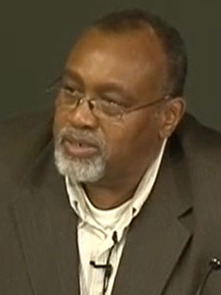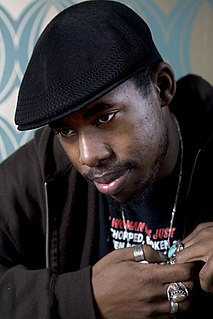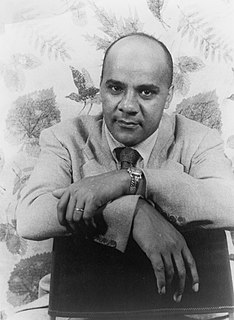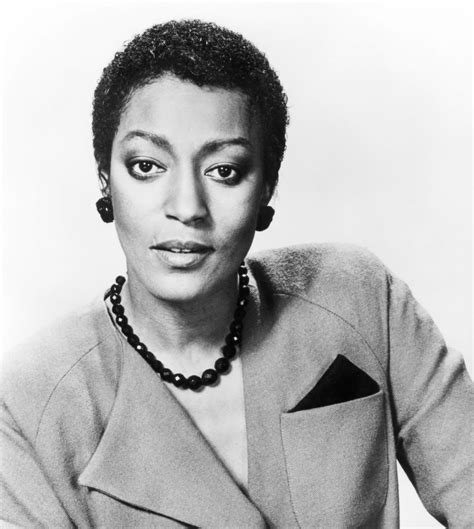A Quote by Sly Stone
I feel albino musicians could neutralise all the racial problems.
Related Quotes
Racial problems can't be easily reconciled with a pat account about racism and discrimination that lets us sort of relax into saying when we finally get this right, when we get rid of racism, when we reach the post-racial society, everything is going to be okay. Well, no, because along the way here, as we've not yet been in this racial nirvana, facts on the ground have been created.
I definitely learned to communicate with other musicians better. I used to feel so intimidated by guys who can read notes, like, "Oh my god, they're gonna think I'm not even gonna be able to sit at the table." But I've come to see that a lot of these musicians don't know how to read music either, and that made me feel good. I could just come up with ideas or show somebody things and get the ideas across.
It's just all love. That's what music is. That's why music is created. To make people feel good, to uplift people. That's what musicians are for: to give everyone an escape, to let everyone feel good and take people out of everyday problems, so that they can hear music and sing words that are hopefully relatable.
But he could not taste, he could not feel. In the teashop among the tables and the chattering waiters the appalling fear came over him- he could not feel. He could reason; he could read, Dante for example, quite easily…he could add up his bill; his brain was perfect; it must be the fault of the world then- that he could not feel.




































